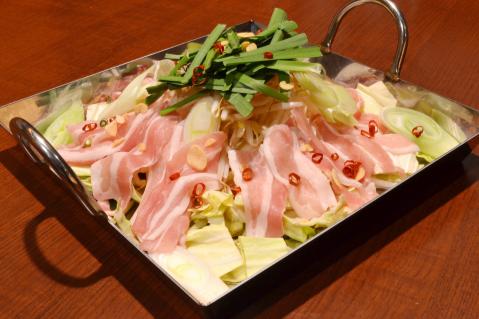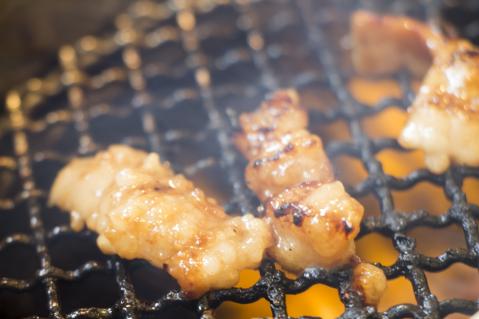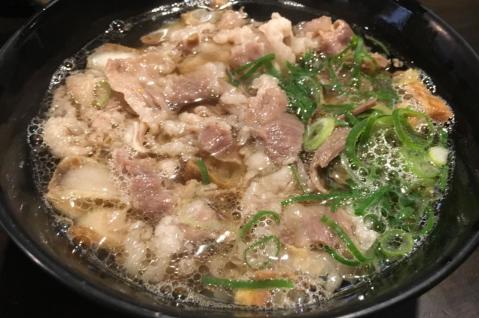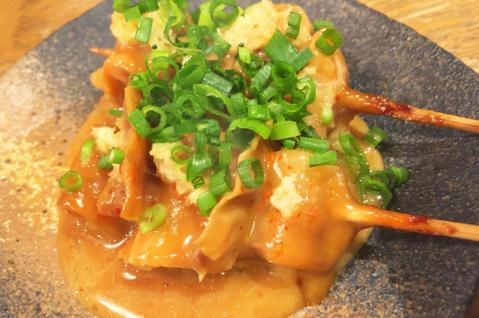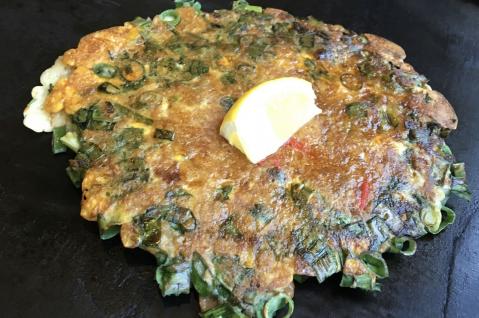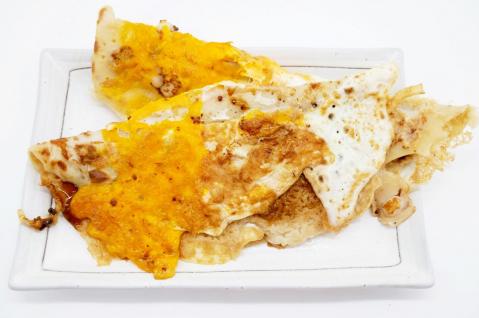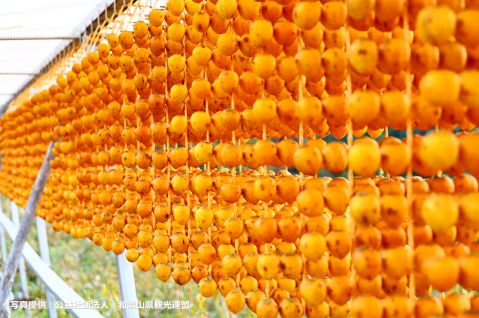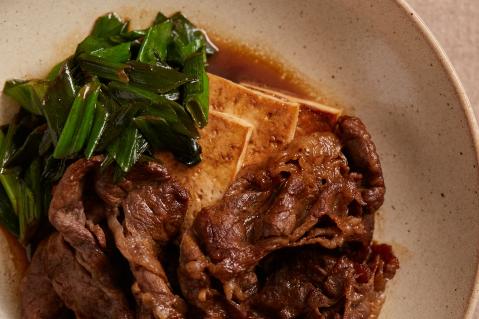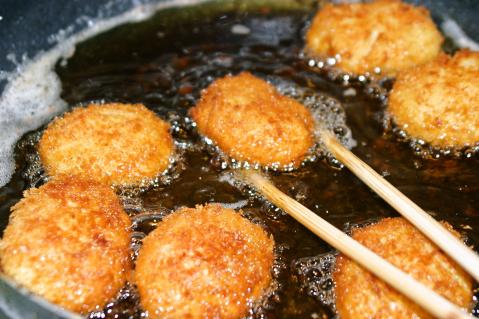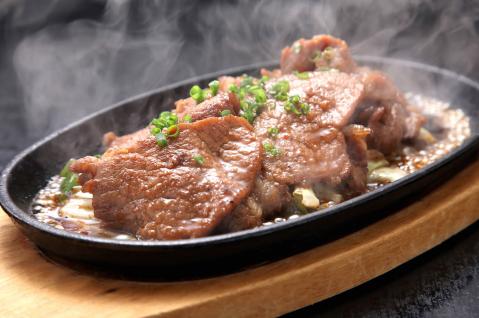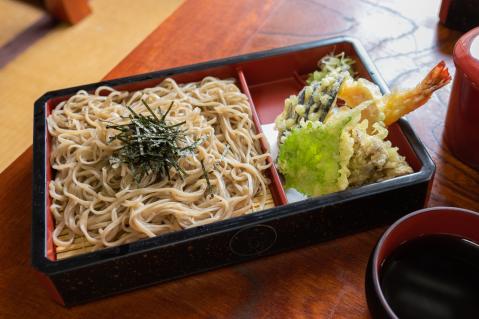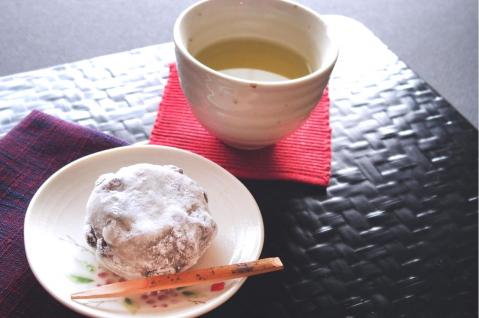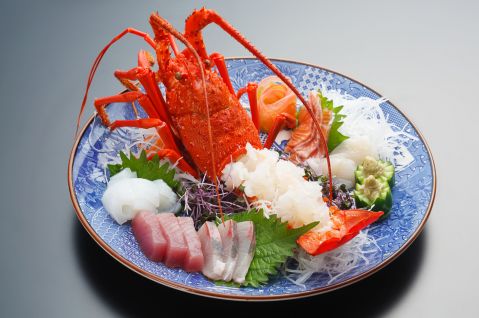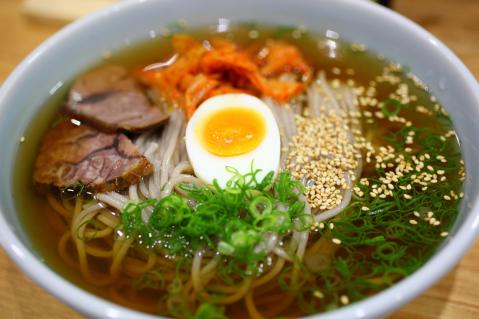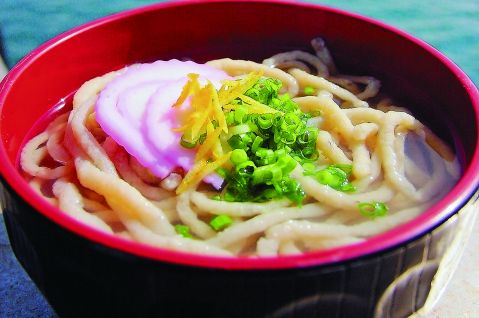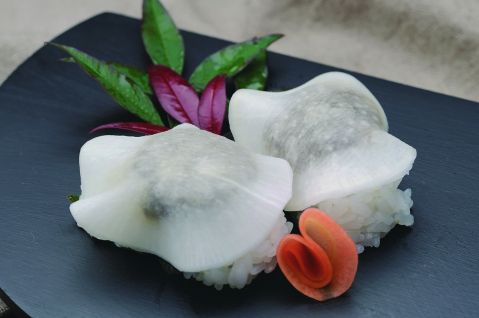Cooking Classes in Japan
airKitchen allows travelers from all around the world to book and experience authentic cooking classes. Chose your best cooking class from 1000+ classes.
Chiritori Hot Pot
Chiritori Hot Pot (ちりとり鍋, Chiritori nabe) is a unique hot pot dish traditionally prepared using a shallow, square-shaped pan that resembles a dustpan. O...
Grilled Hormone (Horumon-yaki)
Grilled Hormone (ホルモン焼き, Horumon-yaki) gets its name from the Japanese word “horu,” meaning “discard,” referring to the use of intestines and other off...
Kasu Udon
Kasu Udon (かすうどん, Kasu udon) is a hearty bowl of udon topped with crispy fried beef trimmings known as "abura kasu." The abura kasu has a delightfull...
Negiyaki
Negiyaki (ねぎ焼き, Negiyaki) is a Kansai-style savory pancake similar to Okonomiyaki. Made by mixing a generous amount of green onions into a batter of d...
Ikayaki
Ikayaki (イカ焼き, Ikayaki) from Osaka isn’t a simple grilled squid, but rather one of the city’s favorite flour-based dishes known as "konamono." This un...
Kushi Gaki (Strung Persimmons)
Kushi Gaki (串柿, strung persimmons) has a history that dates back approximately 400 years in Shigo. The dry, cold winds blowing down from the Izumi Mountain...
Niku Dofu (Simmered Beef and Tofu)
Niku Dofu (肉豆腐, simmered beef and tofu) is a simple yet hearty dish made by simmering beef, tofu, and green onions together. It often features Kujo Negi (...

